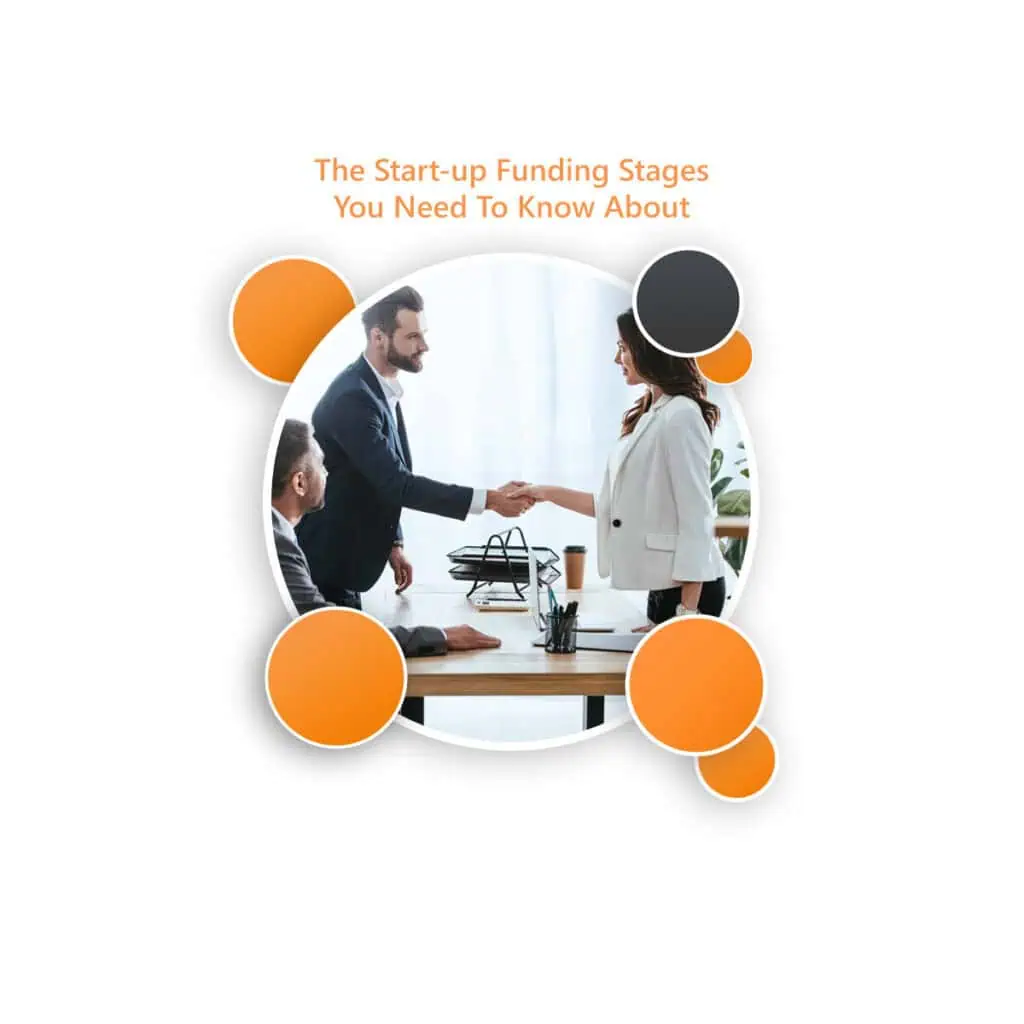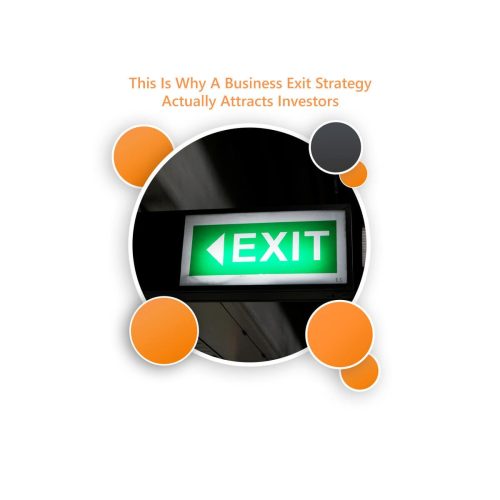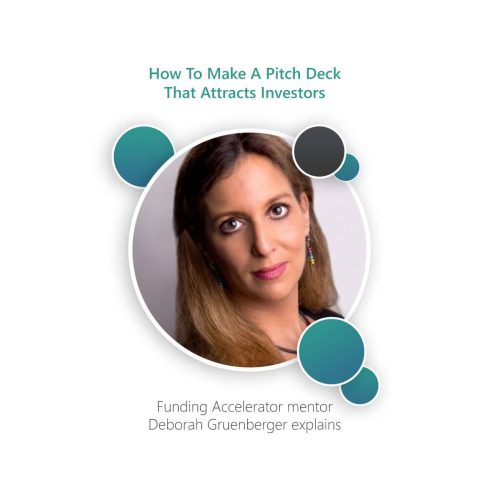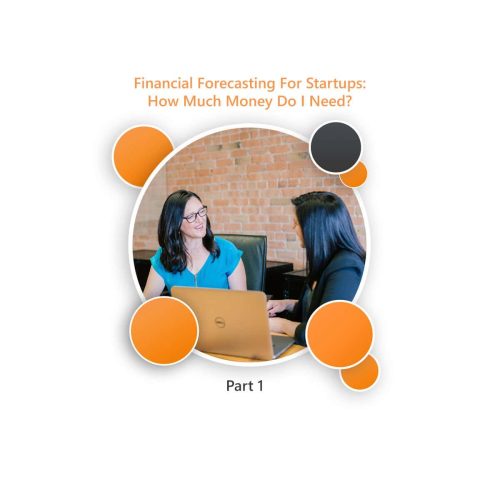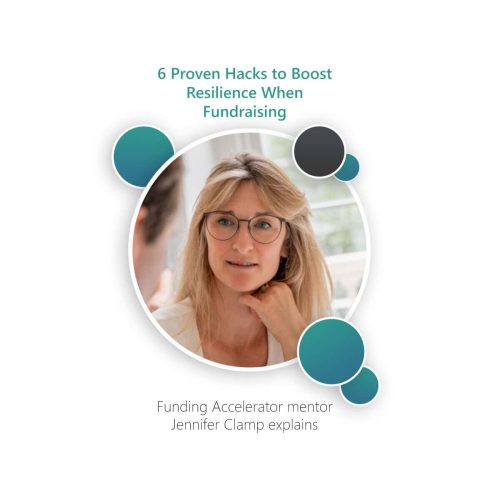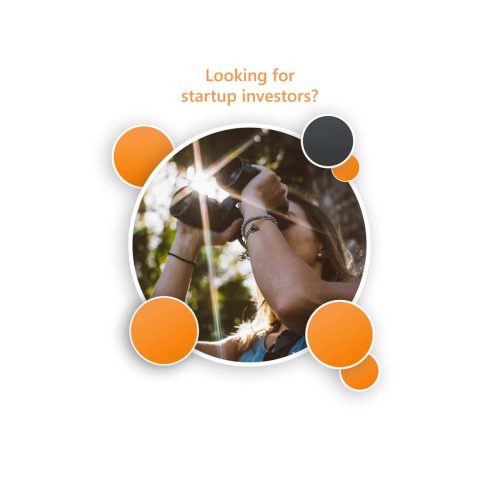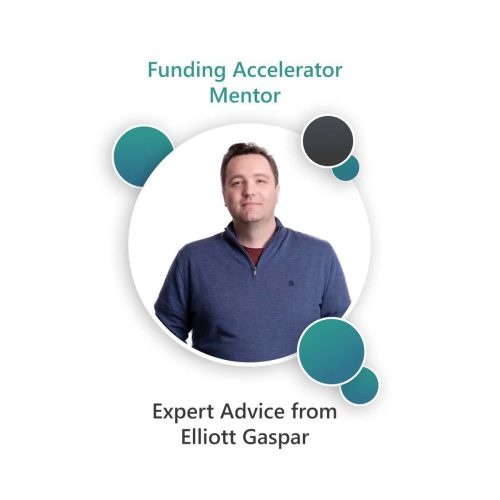
Introduction to Start-up Funding Stages
Starting a business is an exciting and challenging journey, and securing the necessary funding is a critical step in turning your entrepreneurial dreams into reality. One of the most common forms of start-up funding is equity investment, where investors provide capital in exchange for a stake in your company. Understanding the different start-up funding stages can help you navigate the complex landscape of equity investment and increase your chances of success.
In this comprehensive guide, we will explore the various start-up funding stages, from seed funding to Series C, and provide you with the knowledge and strategies to attract equity investors to your business.
Understanding Equity Investment
Equity investment is the process of exchanging capital for a share of ownership in a company. Investors, such as venture capitalists, angel investors, or even friends and family, provide funding in exchange for an equity stake in your business. This means that they become partial owners of your company and share in its success (or potential failure) as it grows.
Equity investment is a popular choice for start-ups because it allows you to access the capital needed to fund your operations, without the burden of debt repayments. However, it’s important to understand that equity investors will have a say in the decision-making process of your company, and you may need to relinquish some control in exchange for their support.
How to Start a Business and Secure Equity Investment
Before you can start securing equity investment, you need to have a solid business plan, a clear value proposition, and a team of talented individuals who can help bring your vision to life. Investors are looking for start-ups with a strong foundation, a unique product or service, and the potential for significant growth and returns.
Once you have your business plan in place, you can begin the process of seeking out equity investors. This may involve networking with industry professionals, attending start-up events, or reaching out to venture capital firms or angel investor groups directly.
See how attractive you are to investors right now by answering 20 quick questions
The Start-Up Funding Stages
The start-up funding stages (of which there are several) all have their own unique characteristics and requirements. Let’s explore these stages in more detail:
Seed Funding: The First Stage of Securing Equity Investment
Seed funding is the initial stage of start-up financing, where you’ll typically seek investments from friends, family, or angel investors. This stage is all about proving the viability of your business idea and building a minimum viable product (MVP). Seed funding can range from a few thousand pounds to a few million, depending on the scope of your project and the resources you need to get started.
Series A Funding: Growing Your Start-up with Equity Investment
Once you’ve established a solid foundation and demonstrated traction with your MVP, you’ll move on to the Series A funding stage. At this point, you’ll be seeking larger investments from venture capital firms or institutional investors. The goal of Series A funding is to scale your business, expand your team, and further develop your product or service.
Series B Funding: Scaling Up Your Start-up with Equity Investment
As your start-up continues to grow and gain momentum, you’ll enter the Series B funding stage. This is where you’ll need to secure larger investments to support your expansion plans, such as entering new markets, launching new products, or acquiring competitors. Series B funding typically involves more established venture capital firms and institutional investors.
Series C Funding: Expanding Your Start-up with Equity Investment
The final stage of start-up funding is Series C, where you’ll seek even larger investments to fuel your company’s continued growth and expansion. This may include international expansion, mergers and acquisitions, or the development of new technologies or product lines. Series C funding often involves a mix of venture capital firms, private equity firms, and even public investors.
How to Attract Equity Investors to Your Start-up
Attracting equity investors to your start-up requires a well-crafted pitch, a compelling business plan, and a clear understanding of your target market and competitive landscape. Here are some key strategies to help you secure equity investment:
- Develop a Solid Business Plan: Your business plan should clearly articulate your value proposition, your target market, your competitive advantages, and your financial projections. This will help investors understand the potential of your business and the return on their investment.
- Build a Strong Team: Investors are not just investing in your idea; they’re investing in your team. Assemble a talented and experienced group of individuals who can bring your vision to life and execute your business strategy effectively.
- Demonstrate Traction and Growth Potential: Investors want to see that your start-up has gained traction in the market and has the potential for significant growth. Provide data and metrics that showcase your customer acquisition, revenue growth, and other key performance indicators.
- Highlight Your Unique Competitive Advantage: Identify what sets your start-up apart from the competition and how your product or service solves a unique problem for your target market. This will help you stand out in the crowded start-up ecosystem.
- Network and Build Relationships: Attend industry events, join start-up communities, and reach out to potential investors directly. Building relationships and demonstrating your expertise can help you gain the trust and interest of equity investors.
If you’re ready to take the next step in securing equity investment for your start-up, schedule a workshop here. We can help you navigate the funding stages, craft a compelling pitch, and connect you with the right investors to take your business to the next level.
Navigating the Start-up Funding Stages and Securing Equity Investment
Securing equity investment is a crucial step in the start-up journey, but it can also be a complex and daunting process. By understanding the different stages of start-up funding, from seed funding to Series C, and implementing strategies to attract equity investors, you can increase your chances of success and take your business to new heights.
Remember, the key to securing equity investment is to have a solid business plan, a talented team, and a unique value proposition that sets your start-up apart from the competition. With the right approach and the support of experienced investors, you can turn your entrepreneurial dreams into a reality.
Further Reading
8 Practical And Eye-opening Tips For Actually Finding Investors
What angel investors look for in start-ups
- How to Find Investors (Without Losing Your Mind) - June 17, 2025
- How to Raise Money (Without Losing the Plot) - June 9, 2025
- How I Raised £250K – and Help Other Founders Scale with Equity Funding - June 9, 2025

